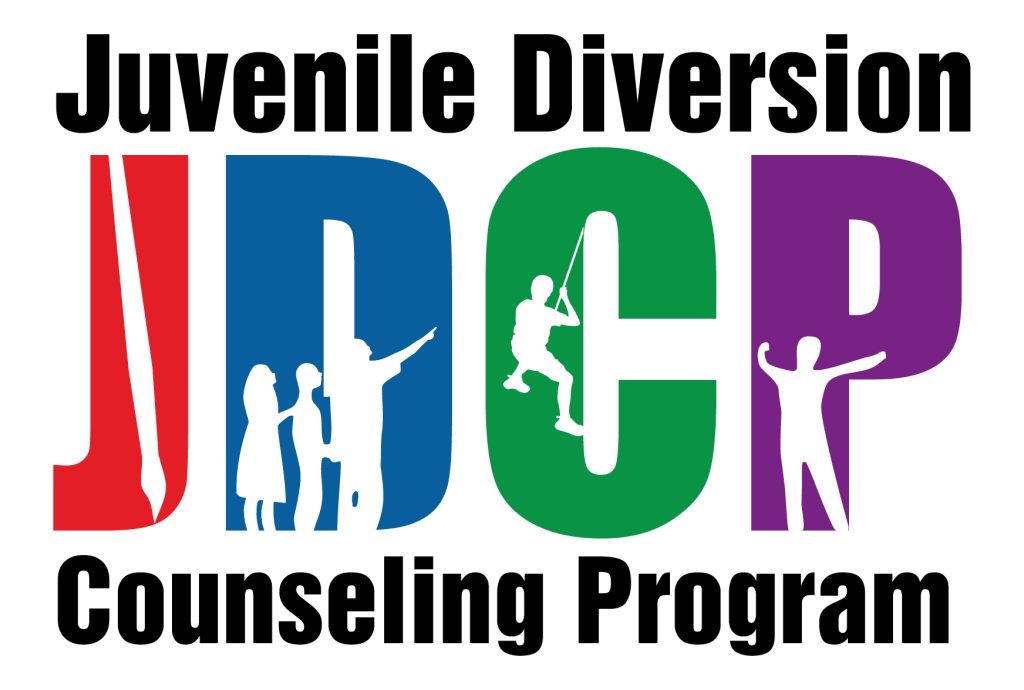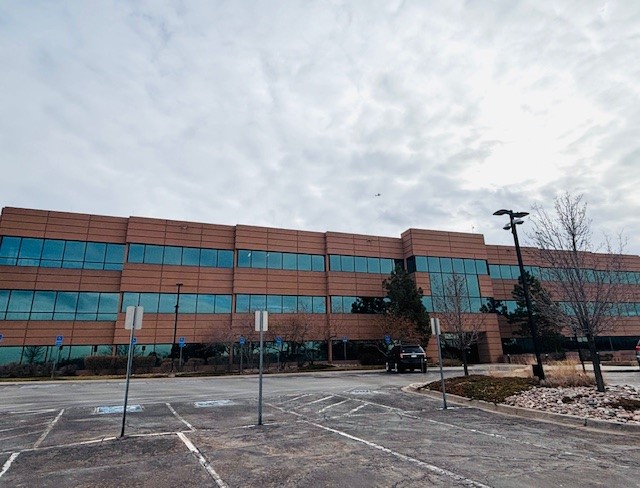Program Description
The diversion program for individuals in the 23rd Judicial District Attorney’s Office offers an alternative to the criminal justice system to some offenders. Instead of the court system, the Diversion Counseling Program uses therapeutic and case management interventions to promote accountability and address the underlying factors contributing to criminal and delinquent behaviors. Each person accepted into the program goes through a screening and assessment process to help guide the creation of an individualized treatment plan. Participants can make amends for their actions, gain insights into themselves and identify opportunities for self-improvement without the full weight of the justice system. In addition to helping participants, diversion helps victims and communities through programs that reduce future harm.
Schedule Intake Appointment
Payment Options
**Do not make payment prior to intake**
Diversion Online Forms
Restitution Information
Restorative Justice Practices
The Diversion Team
Diversion staff are masters-level therapists and experienced case managers. Our therapists are trained and licensed in such areas as professional counseling, couples and family therapy, experiential therapy, addictions counseling, offense-specific treatment, and EMDR. Our case managers have extensive experience working with community partners for resourcing clients.
Contact Us
Main:
(720) 733-4614
Email: [email protected]
Frequently Asked Questions
The Juvenile Diversion Counseling Program is administered by the District Attorney of the 23rd Judicial District, serving Douglas, Elbert and Lincoln counties. The program provides an alternative to prosecution in court for select juvenile offenders. The Juvenile Diversion Counseling Program uses therapeutic interventions, case management and restorative justice practices to address individual, family and community needs. Our primary goals are to provide accountability, identify and intervene to address contributing risk factors for offending behavior, and to increase the well-being of all participants.
23rd DA’s Juvenile Diversion Counseling Program Eligibility Criteria
Juvenile Diversion Counseling Program
- All charges and charge levels are eligible except those involving weapons, guns and incendiary devices, threats of violence to schools or individuals at schools, where youth are known to be gang-involved, or known to be under investigation for additional charges. Juveniles whose current charges include guns, weapons or incendiary devices, threats to schools or violence at school, or who are known to be gang-involved, or are known to be under investigation for additional charges are NOT eligible.
- Juveniles must score as low or moderate risk on the criminogenic risk screening tool (ARNA).
- Juveniles must meet prior criminal history requirements:
- No other pending cases
- Not currently under any supervision
- No felony convictions in the last 3 years
- No or limited misdemeanor, traffic or municipal convictions in the last 2 years
- Victim input and the level of impact to the community weigh in favor of Diversion.
- Diversion programming is able to mitigate criminogenic risks and support needs.
- The Juvenile is accountable for the underlying problematic criminal behaviors without minimizations or victim-blaming.
- The Juvenile can and will comply with Juvenile Diversion Counseling Program requirements (attendance, no new offenses, Restorative Justice Practices, restitution payments, treatment goals, etc.).
The DA’s office will continue to make case-by-case decisions and exercise its legal discretion to make exceptions to the eligibility criteria as appropriate.
The Juvenile Diversion Counseling Program applies a restorative justice model to resolving cases. Restorative justice requires participants to take accountability, understand their impact on others and the community, develop empathy, cultivate insight, and, finally, to make amends. The participant’s engagement in these steps is essential to successful completion of the Juvenile Diversion Counseling Program. We believe that participant’s ownership of the restorative justice process creates more impactful outcomes than a process of imposed consequences. As such, all participants in the Juvenile Diversion Counseling Program must participate in a restorative justice process as part of meeting their program requirements.
There is a one-time non-refundable administrative fee that must be paid in order to participate in Juvenile Diversion Counseling Program:
- $150 for juvenile cases
Payment plans, waivers and limited financial support for external treatment providers for juveniles is also available.
You and your assigned counselor or case manager will create a treatment plan designed to address your unique risks and needs. Your treatment plan may include individual, family or group therapy, experiential therapy, substance use screening, restorative justice processes, connection to community services, or other relevant services. All participants in the Juvenile Diversion Counseling Program must also agree to and abide by the Diversion contract’s standard terms and conditions.
The answer to this question varies depending on the individual treatment plan of each participant. How quickly the goals of the plan are achieved is primarily driven by the participants themselves. The average length of participation in the Diversion Counseling Program is between 3 and 6 months.
Once you have completed the requirements of the Juvenile Diversion Counseling Program you will be given a letter of completion. If your case was filed into court, a motion to dismiss will also be filed. If you are a juvenile, your case will be eligible for expungement. You can access information on the expungement process here.
Yes. One of the mandatory conditions of the Juvenile Diversion Counseling Program is that you agree not to use any illegal drugs or alcohol, including marijuana, which is an illegal drug for minors in the State of Colorado. All participants complete an initial drug test to help determine whether substance abuse treatment will be included in your individualized plan. You will be required to pay for your own drug tests. You may request financial support for drug tests in some circumstances.
You will be given the opportunity to ask questions during an intake appointment as well.




